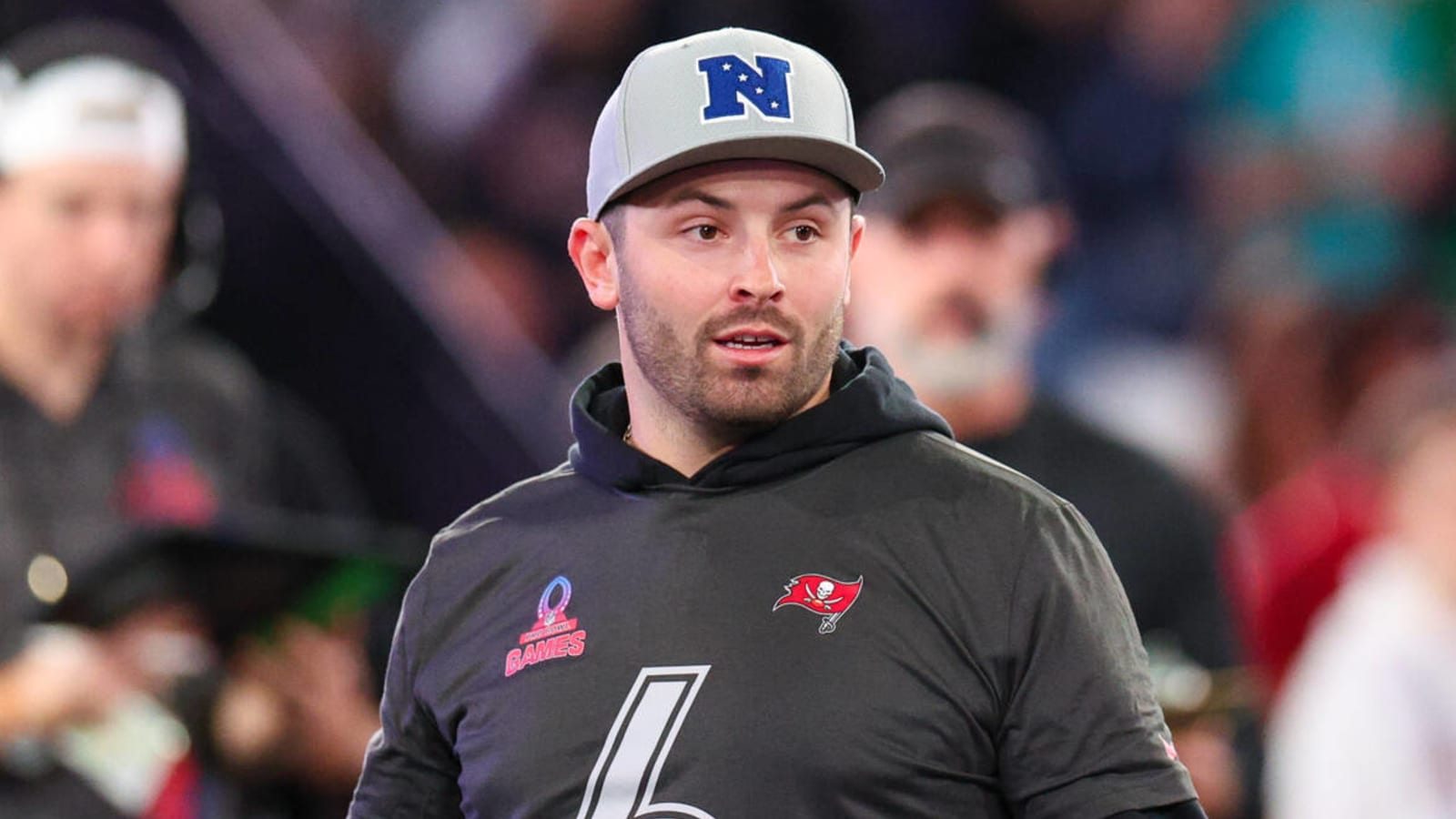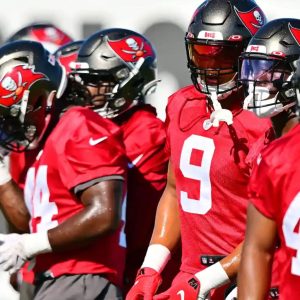Previous reports indicated that the Buccaneers would like to re-sign Baker Mayfield before the start of free agency, and the organization is apparently making progress on that goal. According to Rick Stroud of the Tampa Bay Times, the Buccaneers and Mayfield have had “preliminary talks” about a new deal.
While nothing is imminent, it’s a positive sign that the two sides are already engaging in negotiations. Per Stroud, Tampa Bay general manager Jason Licht is expected to meet with Mayfield’s agent, Tom Mills, next week, and both camps have expressed interest in completing a new contract.

Following a standout season that saw Mayfield pass for a career-high 4,044 yards and 28 touchdowns while guiding his squad to the postseason, the Buccaneers have already started preparing for the former top-overall pick to be under center in 2024. After offensive coordinator Dave Canales left to become the Panthers head coach, the Buccaneers brought on Kentucky offensive coordinator Liam Coen, who previously worked with Mayfield when the two were in Los Angeles.
While the Buccaneers seem to be making it clear that they want Mayfield back, the feeling is apparently mutual. Per Stroud, Mayfield wants to stick in Tampa Bay because he believes it would give him the best opportunity to win. Mayfield’s 9-8 record in 2023 was only the second time in his career that he’s finished with a winning record, and the veteran is surely looking to carry that momentum into the 2024 campaign.
Of course, while both sides are interested in a new pact, it may be easier said than done. Mayfield will surely earn a significant raise on the $7M he earned this past season (including incentives), and as Stroud notes, a deal worth $40M-plus wouldn’t even necessarily put the QB into the upper echelon of his position.
Friday afternoon’s unveiling of the 2024 salary cap brought clarity to the QB franchise tag, which would come in at $38.3M. That could be an option for the Buccaneers if they can’t agree to a long-term deal with Mayfield, although Stroud cautions that the organization isn’t “expected to use that designation.”





